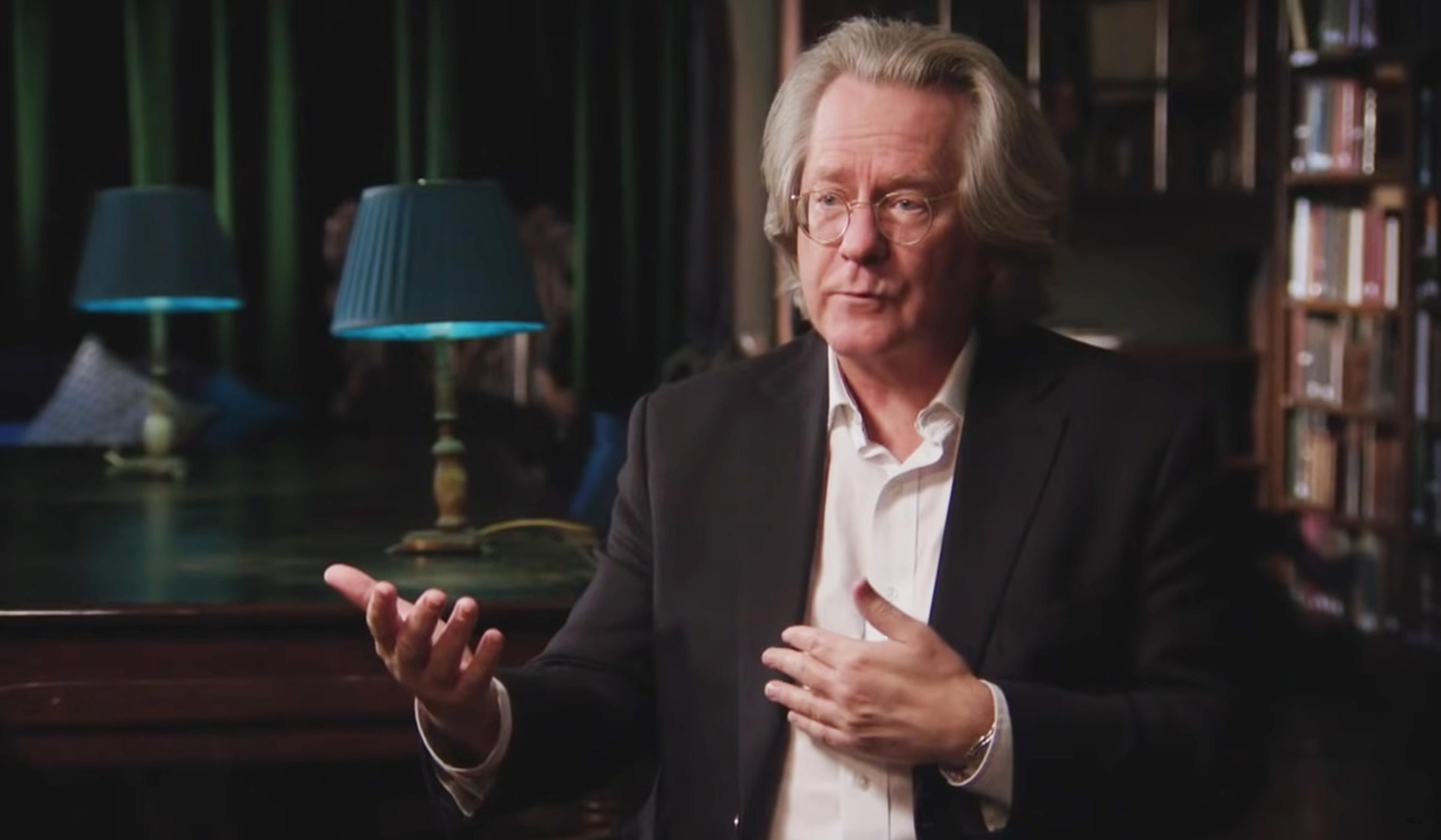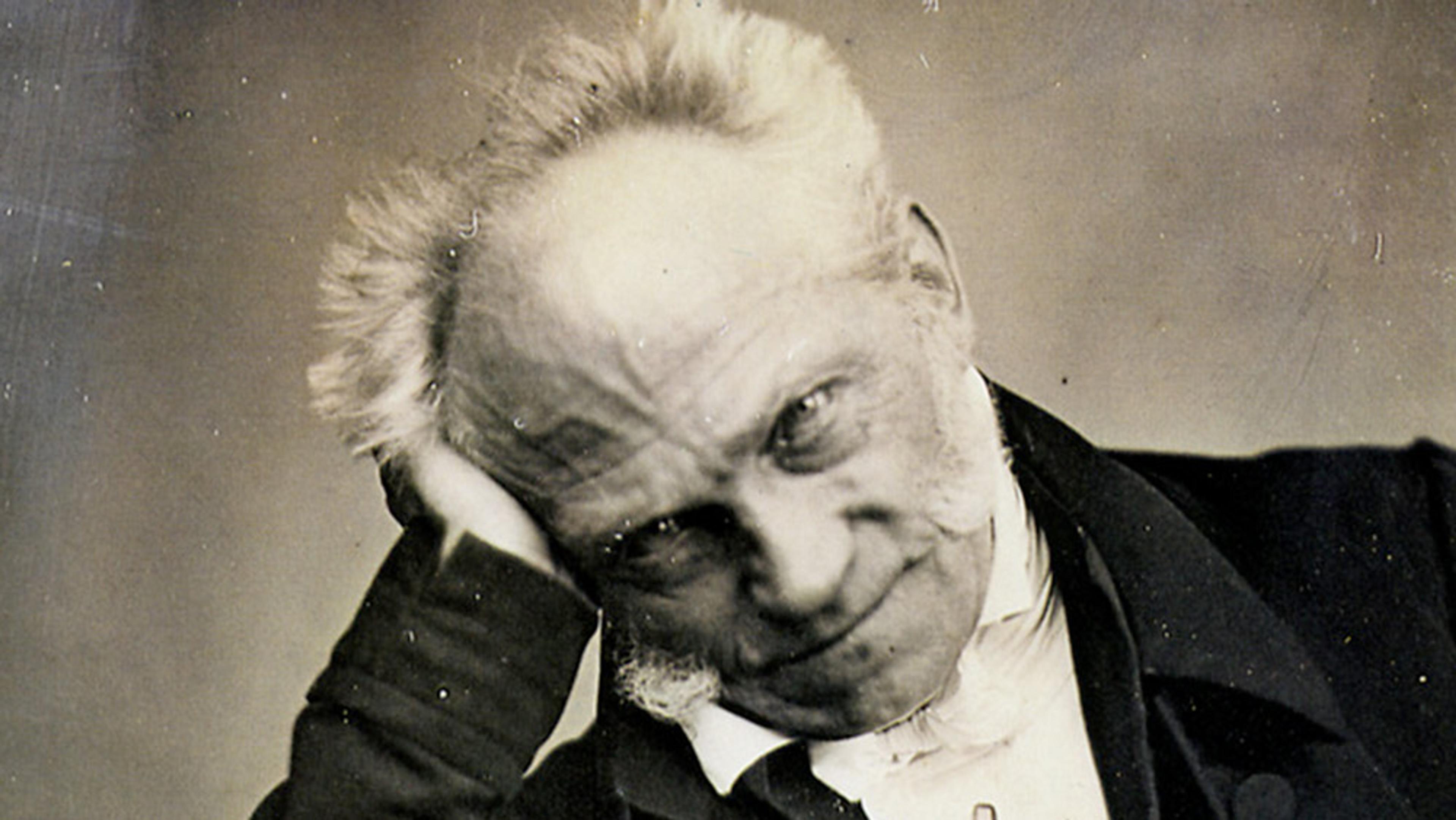A quandary first posed by the ancient Greek philosopher Epicurus, the ‘problem of evil’ ponders how an all-powerful, all-loving god could allow for evil and suffering in the world. The question has been endlessly deconstructed by philosophers and theologians in the millennia since, debating if this monotheistic view of a benevolent god held by many millions of Christians, Jews and Muslims worldwide can be reconciled with the widespread and persistent anguish we see all around. In this video from the interview series Closer to Truth, Eleonore Stump, professor of philosophy at Saint Louis University in Missouri and a devout Catholic, offers her view of the ‘problem’, constructing an argument that, while suffering can never be eliminated or ignored, it can be redeemed as a powerful path toward shared spiritual growth.

videoPhilosophy of religion
What, if anything, makes an all-good god less absurd than an all-evil one?
4 minutes

videoPhilosophy of religion
How could a benevolent god allow evil? Is it really just a matter of free will?
2 minutes

videoPleasure and pain
Great news: pleasure is the purpose of life. Bad news: moderation is key
6 minutes

videoEthics
For Iris Murdoch, selfishness is a fault that can be solved by reframing the world
6 minutes

videoMetaphysics
Is the question ‘Why is there something instead of nothing?’ even worth asking?
9 minutes

videoPhilosophy of religion
If you think that modern cosmology leaves no room for ‘god’, start using your imagination
27 minutes

videoPhilosophy of mind
If you knew everything, could you predict anything? A thought experiment
8 minutes

videoThinkers and theories
The intellectual legacy of philosophy’s greatest pessimist: life is suffering, art is supreme
44 minutes

videoMeaning and the good life
Would immortality offer a curse of boredom or endless novelty?
6 minutes